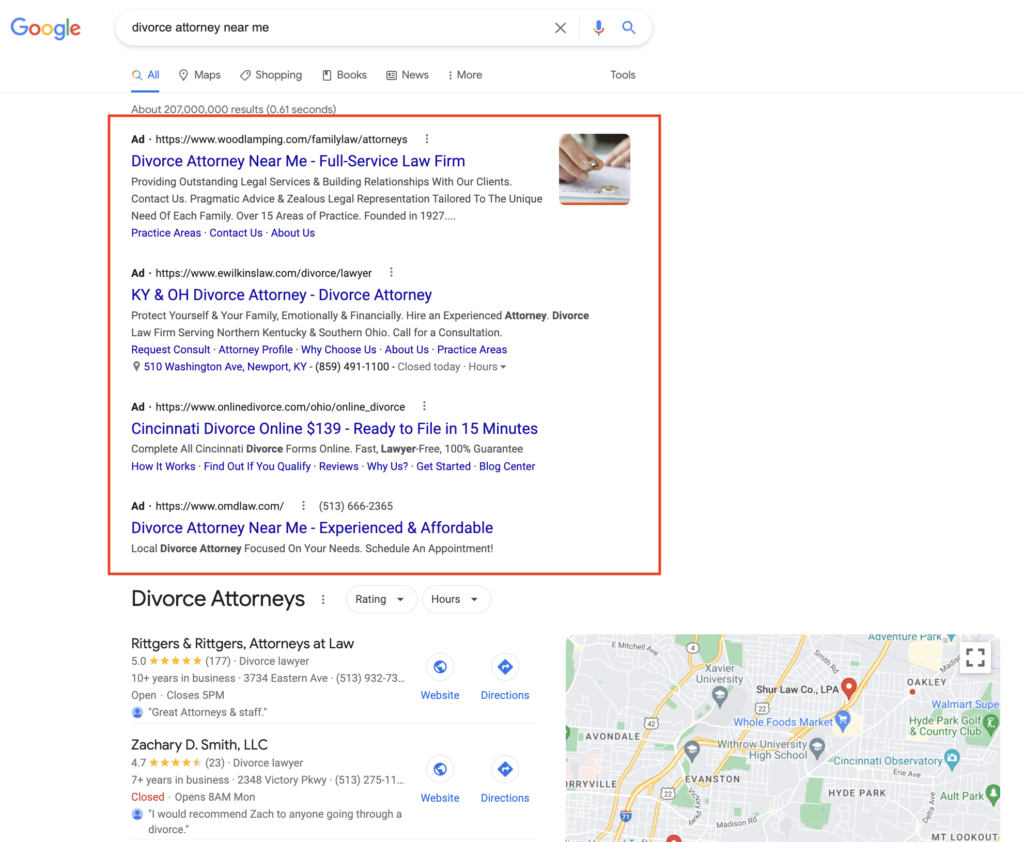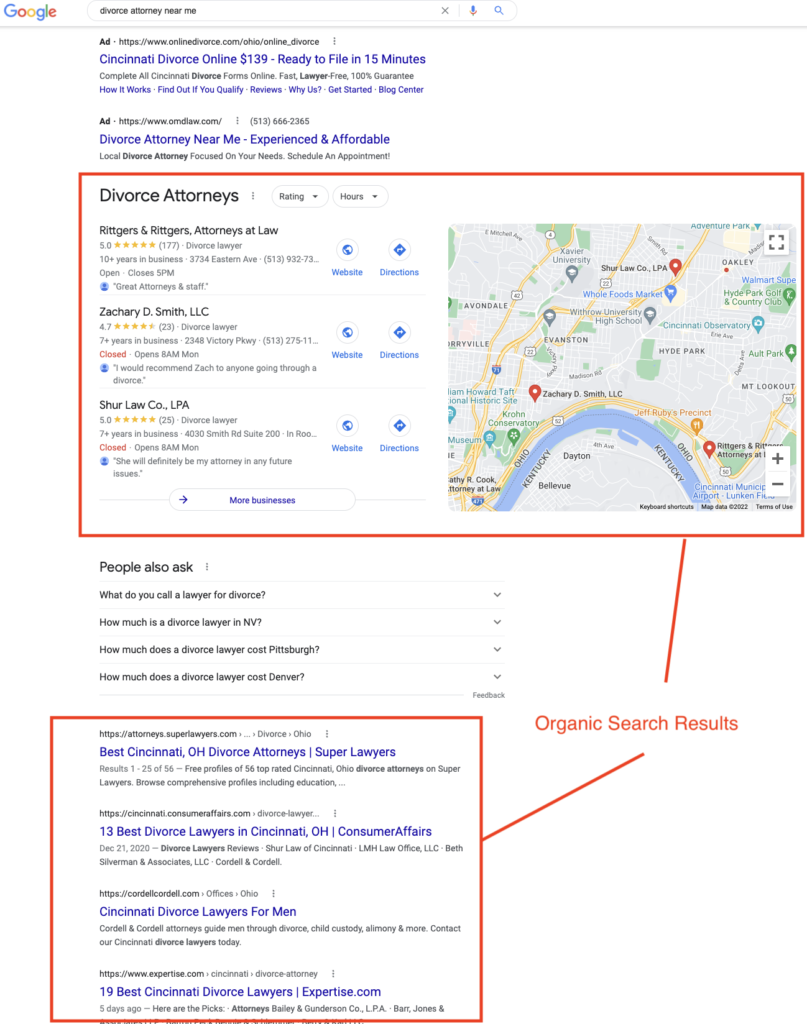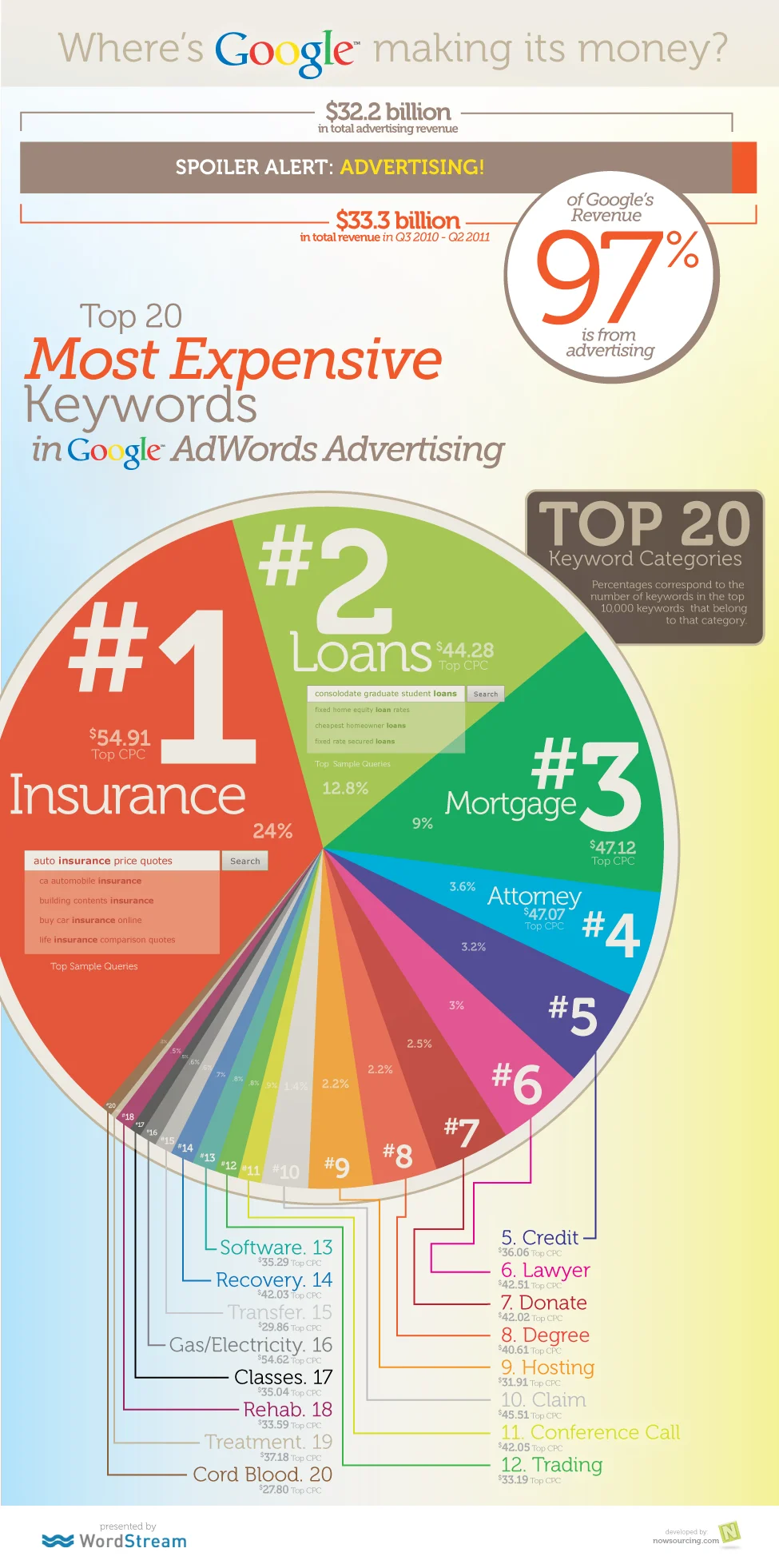 - Marc Lazarus, Russell & Lazarus APC
- Marc Lazarus, Russell & Lazarus APC
Chris and his team at GNGF have been an outstanding addition to our marketing team. Not only is Chris knowledgeable, but he is forward-thinking, collaborative, generous with his time, and continuously on top of all of the tasks that keep us where we need to be. Thanks so much, Chris. And, thanks to the entire GNGF team!












 - Morris Lilienthal, Martinson and Beason, P.C.
- Morris Lilienthal, Martinson and Beason, P.C.
 - Cheryl David, The Law Offices of Cheryl David
- Cheryl David, The Law Offices of Cheryl David